Like most Americans, I learned about the Trail of Tears sometime back in high school or college history. It probably earned a moment of grief, but was then forgotten. However, visiting one of the Trail of Tear’s infamous historical sites really opened my eyes to deep-seated bitterness, racism, and injustices that still plague our nation.
This is part of the series, Your Voice on Racism. Do you have a story to share? We need to hear it! Consider submitting it here!
The Only Reason I Ended Up At a Cherokee Trail of Tears Visitor Center
A few years back, when visiting my husband’s hometown, I noticed a sign mentioning the Trail of Tears. I vaguely remembered learning about it and it seemed like it might provide something interesting to do on our road trip, so I began looking for historical sites. I ended up at one in Alabama, and not a very good one. Part of it was an old house that someone still lives in (that was out) and your everyday ancient cemetery.
I found out later that the Trail of Tears actually started like, right next to my husband’s hometown. What? I totally missed it! I swore that the next time I would go back I would find some much cooler historical sites.
When we went on a road trip this summer for the solar eclipse back to Tennessee, I started asking around about that sign and trying to find anything interesting about where to visit. By then I felt like it would be a superb homeschool project to check out, studying the United States and all this year. But with nothing was popping up on the internet, I pretty much forced my mother-in-law to go exploring with me (to her chagrin). We followed the signs until we happened upon the mostly unknown visitor center for the Cherokee Trail of Tears between Chattanooga, Tennessee and Knoxville, Tennessee.
Heck. I was determined to learn something. (Granted, I also felt a deep urge to prove to my mil that this was worth her time.)
A Rancid Bit of History
A handful of paragraphs in a history book is just not the same as being there. One of the greatest reasons I love travelling is that it grows my perspective (check out why: Travel+Big World=Perspective). Nothing compares to hearing real first-person stories, walking over a map, following a timeline, being on site and essentially just trying to freaking comprehend this rancid bit of history.
And of that I am sure, that the Trail of Tears definitely ranks among one of our more horrible things we’ve done as a nation.
Should We Seek Justice for Native Americans?
I’ve never found myself seeking justice for Native Americans, but I left this memorial with so much appreciation for those who have been doing just that.
Before, I thought it was sad, but never considered saying sorry. After all, it was my ancestor’s sins, not my own. I think this is a common reaction to racially-prompted injustices.
Stop Passing the Generational Football
I was randomly at a women’s conference this weekend in Dallas, Texas processing the theme of forgiveness. We worked through a story in the Bible where one girl could have had up to half a kingdom, but instead asked for the bloody head of John the Baptist on a platter.
She could have had so much and gone so far but was defined by her mom’s hatred of John.
Strongholds and worldviews are built through one generation’s injustices, indifferences, and unforgiveness passed down to another. It is like a family sport, a well-thrown football spanning one generation to the next.
I was passed privilege. I don’t think privilege itself is evil, but what we do with usually is.
Privilege without empathy, regret, understanding . . . without seeking justice . . . this, I believe, is just as much a stronghold just as unforgiveness is.
I also inherited a version of unforgiveness. A bitterness called, “they are making big deal about nothing” or one named “they just need to get over it.” But that is kinda like pointing out a toothpick when we have huge telephone poles jammed in our own eyes.
When someone feels hurt, why do we have to condemn them for being hurt? Why not just listen and apologize?
Saying Sorry When We See
That small, unknown Trail of Tears visitor center makes me want to weep. It is an invisible memorial to most, but for those who marked the ground crying, “See this! Know this! It should not have been so!“
But now I’ve seen it. No longer I’m am ignorant. My privilege blinded me, but now I beg, God forgive us for what we’ve done.
And I am so sorry. I am sorry we did that to you, and the lasting effect it has had on your Nation so many generations down. My ancestors did something wrong, unjust, evil. I am sorry we–I–have never listened to you, cared, and that I internally told you to get over it without empathy.
The Trail of Tears was wrong and our indifference and judgement of the Indian Nations now is also wrong. Forgive me and us.
Check out these related posts Swamp Wisdom: An Ecclesiastes on Human Rights and Why We Should Really Rename Columbus Day Already
Or Join us with Your Voice on Racism

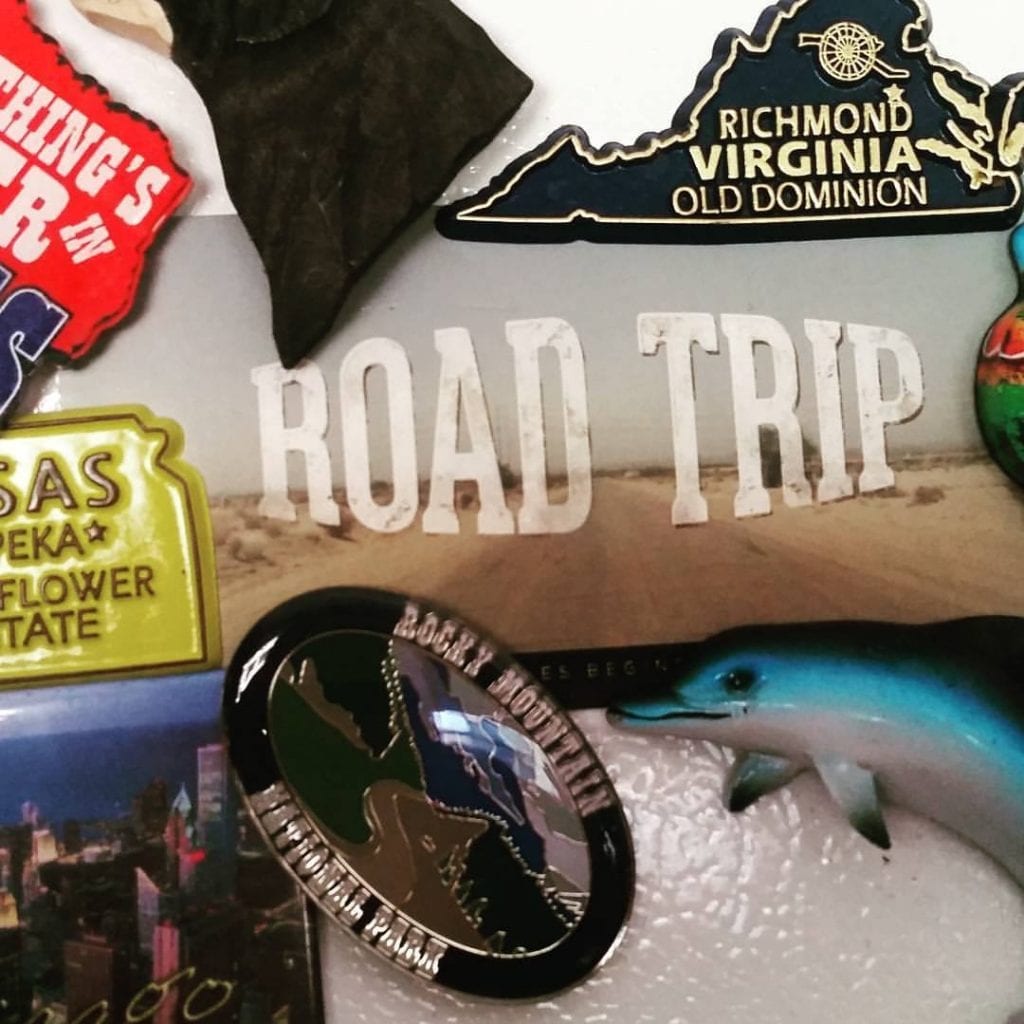
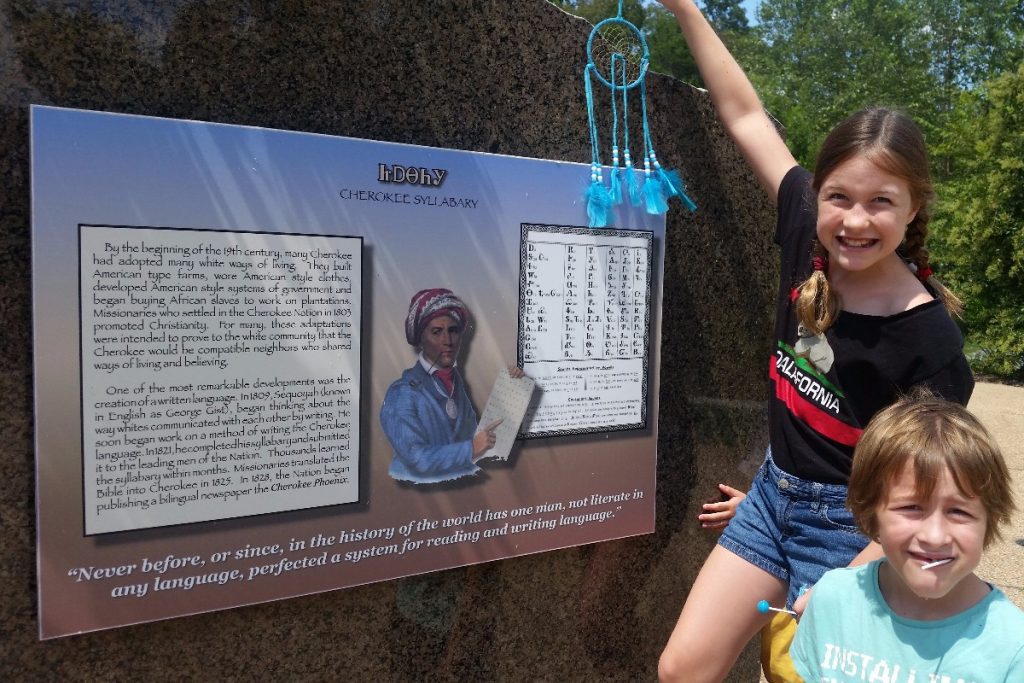
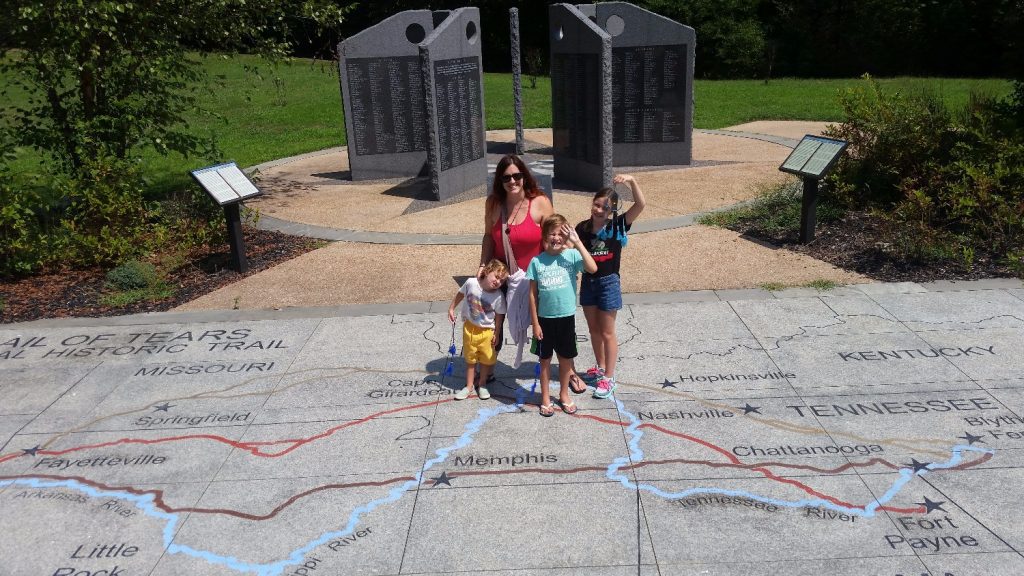
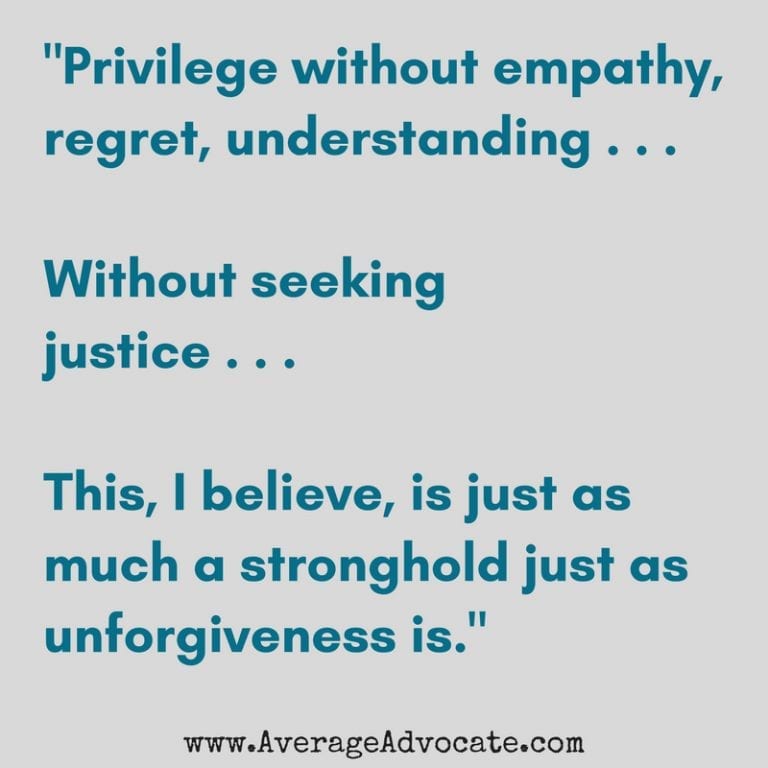

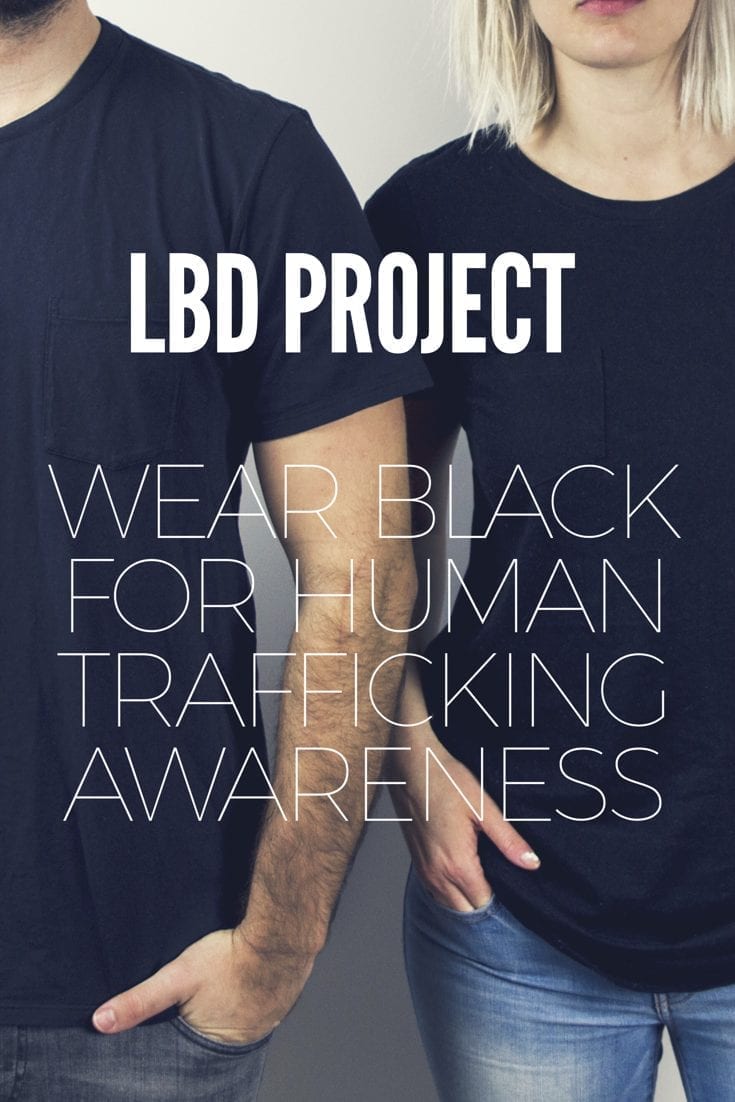


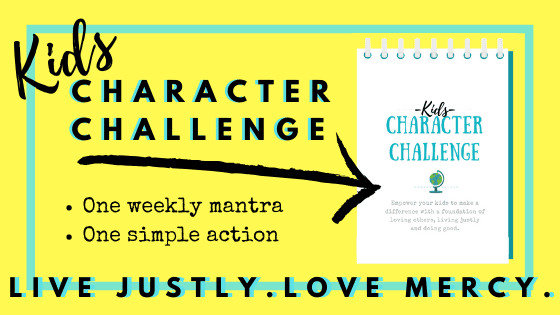

Trackbacks/Pingbacks